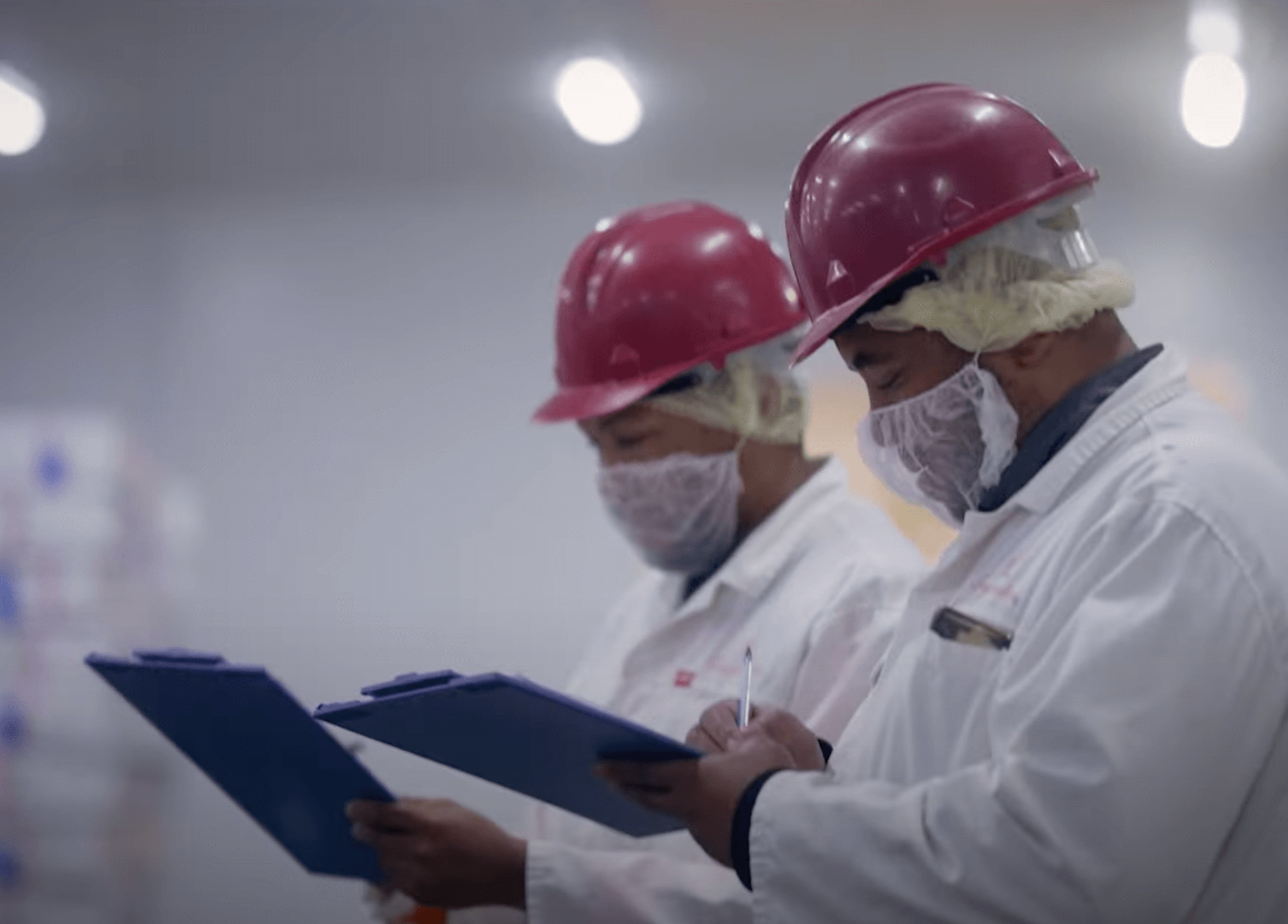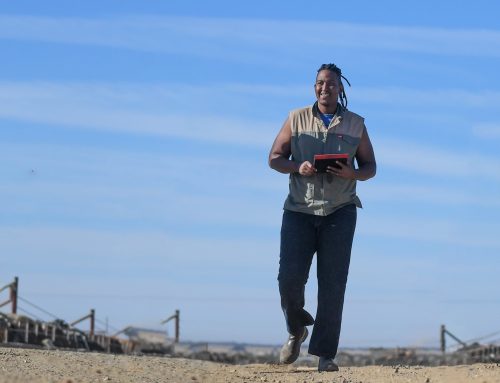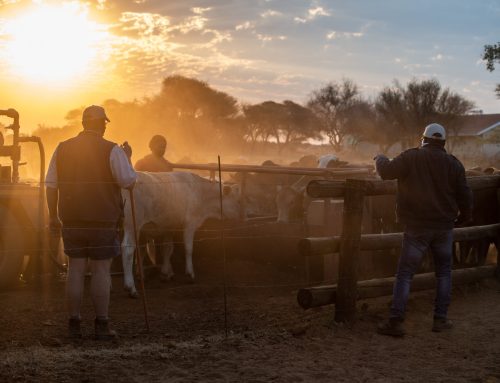Prioritising food safety, from farm to table
19 January 2023: Do you know what it takes to ensure that the steak on your plate, the sausages on your braai, and even the patty in your burger, are safe to eat?
“Most people have no idea what goes into the safety of their favourite beef product, all the way from the farm to their plates,” says Johanna van Zyl, Food Safety and Quality Assurance Manager at Beefmaster Group, a leading specialist supplier of beef products to local and international markets. The company is the largest private employer in Kimberley, where its meat processing facility is based.
Van Zyl says that it may be surprising to learn that at Beefmaster Group, it takes on average 8859 quality assurance checks every day to ensure that beef products transported all around the country and the world, are safe to consume.
“Food safety is non-negotiable for us. One wrong decision or act of negligence can have a catastrophic impact,” says van Zyl adding that it can be a stressful environment in which cutting corners to get the job done is not tolerated.
“This is because the types of risks that could present themselves range from biological and physical in nature, to chemical hazards and allergens. It is therefore critical to have the right people in the food safety team who have the same commitment to be uncompromising in enforcing rigorous safety principles.”
The team consists of a Group Technical manager, Quality Assurance Manager, and a large team of Quality Assurance officers, who work tirelessly every day to ensure all safety protocols are followed to the tee.
“These include pre-operational inspections of the facility and equipment, tools and personnel health screening, as well as ensuring all resources like hot water and electrical supplies are in order. We check for anything from cleanliness and temperature verifications for sterilising of equipment to the chlorination levels in water,” says van Zyl.
Once these inspections are completed, every activity in the process line is continuously monitored and verified during the day to ensure that food safety risks are eliminated or prevented.
But how does the company ensure that everyone on the floor prioritises food safety?
She says that the company promotes a food safety culture in its workforce, and that training plays a very important role in ensuring staff are fully equipped with the right skills and knowledge.
“We provide training on personal and skills development, and focus on team building. Every person is important in the line of production, and is motivated to report and discuss any issue regarding food safety no matter how small it may seem. This way everyone can be proactive on food safety matters,” says van Zyl.
The company’s training complies with the Hygiene Management System in the Red Meat regulations under the Meat Safety Act. The company also conducts food safety training and promotes upskilling by encouraging employees to pursue AET training, management learnerships, meat processing, and also offers BCS Animal production and Economics bursaries.
And how does the Group ensure products are safe to eat for global export markets, and are the requirements different for local markets?
“All clients and markets have different product requirements, and the raw materials are different, depending on fat percentages, meat cuts to be used and so on. We follow exporting legislation based on the Codex Alimentarius principles for Food Hygiene and related international standards,” concludes van Zyl.
Beefmaster Kimberley has a FSSC 22000 (Food Safety System Certification) food safety and quality management system that is recognised by the Global Food Safety Initiative (GFSI). The GFSI recognition demonstrates that the certified company meets the highest standards globally leading to international food industry acceptance.






